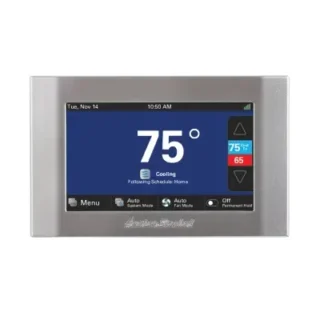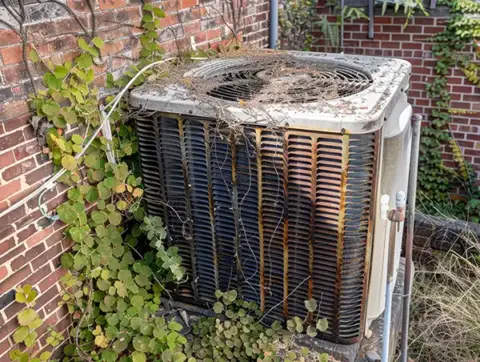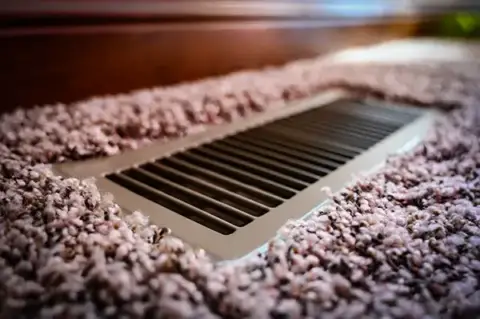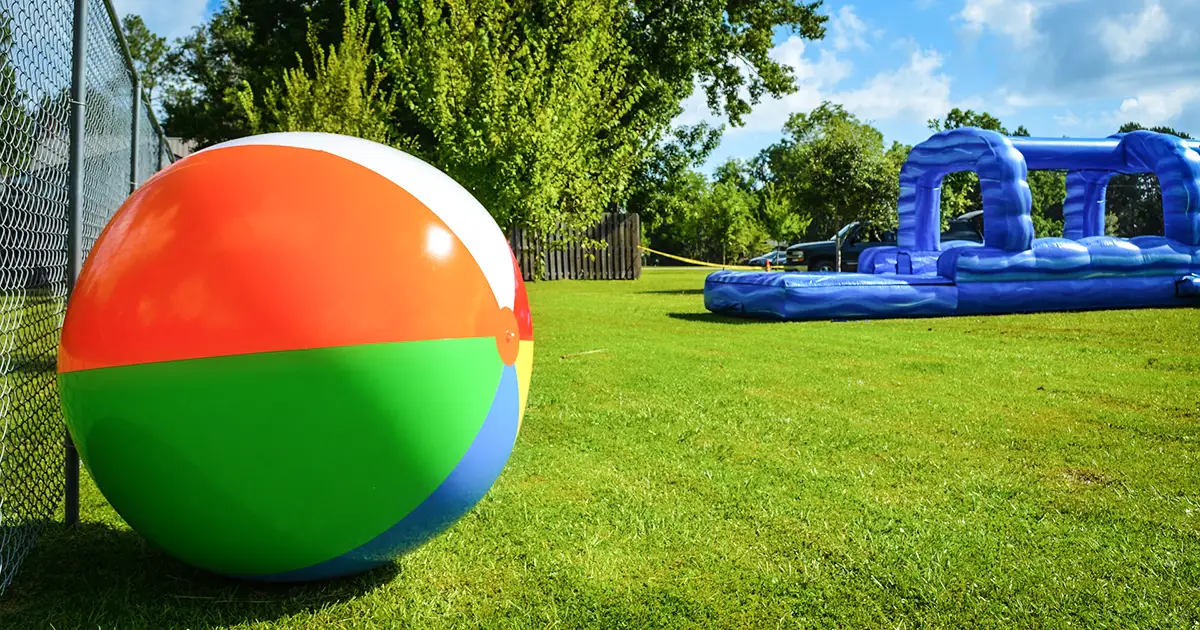As we charge full force into summer, ensuring your HVAC system is ready to handle the heat is crucial for comfort and efficiency. The last thing any homeowner wants is to be caught in a heatwave with a malfunctioning air conditioning unit.
So, to make things easy for you, Brad has compiled a list of dos and don’ts to help you maintain and optimize your HVAC system before summer hits. While you’re enjoying your cool and comfortable home this summer, don’t forget to send him a thank you card.
Brad Says, DO These Things
1. Schedule Regular Maintenance
One of the most important steps in preparing your HVAC system for summer is scheduling preventive maintenance. A biannual tune-up can act as a safety net against future breakdowns, ensuring your system runs smoothly when you need it most.
During a maintenance check, Brad will inspect various HVAC system components, including tightening electrical components, cleaning condensate lines, lubricating necessary parts, and cleaning the outdoor and indoor coils.
Regular maintenance can also help keep your manufacturer’s warranty valid, which is essential if a critical component fails during the warranty period. Investing in routine maintenance can avoid costly repairs and ensure your system operates efficiently throughout the summer.
2. Upgrade Your Thermostat
If you haven’t upgraded to a smart thermostat yet, now is the perfect time. By optimizing your air conditioner and furnace’s usage, a smart thermostat can significantly reduce wear and tear.

Energy savings estimates range from as low as 12% a year to more than 20%. Your best bet is to use an Energy Star®-certified thermostat, which ensures high efficiency and performance.
Smart thermostats allow you to set cooling times that align with your daily schedule, maximizing energy savings. You can even take advantage of reduced electricity rates during off-peak hours in some locations.
Upgrading your thermostat is a simple yet effective way to enhance your HVAC system’s efficiency and save on energy costs.
3. Change Air Filters Regularly
Air filters need to be changed every one to three months, and this is not optional.
Filters catch airborne pollutants as they pass through your system, but when they become clogged with dirt and dust, they block airflow and force your unit to work harder.
Brad suggests his customers write the date on the filter with a Sharpie when changing it. This makes it simple to determine when it’s time to change it again.
Clean filters enhance system efficiency and improve the air quality in your home, making it a healthier environment for your family.

4. Clean and Clear Debris
Keep outdoor units free of obstructions to ensure your HVAC system runs efficiently.
Clear away any leaves, twigs, and branches around the condenser unit. Overgrown bushes or plants can obstruct airflow and reduce the unit’s efficiency.
5. Consider High-Efficiency Equipment Upgrades
If your HVAC equipment is nearing the end of its lifespan, consider upgrading to a high-efficiency system as soon as possible. Modern HVAC systems are designed to be more energy-efficient, providing better performance and lower operating costs.
While upgrading may seem like a significant investment, it can save you money in the long run by reducing energy consumption and preventing frequent repairs. Keep in mind that the price of HVAC units increases just like everything else, so the sooner you pull the trigger, the less it will cost.
Brad Says, DON’T Do These Things
1. Don’t Delay Repairs
If Brad tells you that you need a repair, it’s crucial that you let him address the issue promptly. Some homeowners might think they can stretch out the use of a part or component for “just one more summer,” but this can lead to more expensive repairs down the road.
Clogged lines, dirty filters, low refrigerant, and loose parts all contribute to your system’s efficiency. It’s always best to address problems when they arise to keep your system operating at its full potential.
2. Don’t Use Extremely Restrictive Air Filters
While it’s important to use quality air filters, extremely restrictive filters can choke airflow and make your unit work harder. Some filters promise to filter out all viruses and contaminants, but these highly restrictive options might not be the best choice for your system.
When scheduling your tune-up, remember to ask Brad for a filter recommendation that balances filtration efficiency with adequate airflow.
Choosing the right filter ensures that your HVAC system runs efficiently without being overworked, prolonging its lifespan and maintaining optimal performance.
3. Don’t Neglect Your Air Ducts
Clean air ducts are essential for the well-being of your home and its occupants. Over time, pollen, airborne pollutants, and debris can accumulate in your air ducts, affecting indoor air quality and potentially causing problems for individuals with asthma and allergies.
Signs that your home may be due for an air duct cleaning include discovering mold in your home or inside the air conditioning unit, dust coming from vents when the blower is on, and recent renovations that generated considerable dust.
Regularly cleaning your air ducts helps maintain a healthy living environment and ensures efficient airflow throughout your home.
4. Don’t Frequently Adjust the Thermostat
Constantly adjusting the thermostat can lead to repeated start-ups and shutdowns, which puts extra strain on your HVAC system. This on-and-off cycle makes it difficult for your system to maintain your desired temperature, causing more wear and tear.
Instead, set your thermostat to a comfortable temperature and make minimal adjustments. A programmable or smart thermostat can help maintain consistent temperatures without manual adjustments, improving efficiency and comfort.
5. Don’t Block Vents or Registers

Blocked vents and registers can significantly affect your HVAC system’s performance. When these openings are obstructed, the amount of space being heated or cooled is reduced, making it difficult for your system to maintain the desired temperature. This often leads to a longer run time, a frozen evaporator coil, and a shorter HVAC lifespan.
Ensure that vents and registers are clear of furniture, blinds, and other obstructions to allow unrestricted airflow. This simple step can enhance your system’s efficiency and prolong its life.
Final Thoughts
Preparing your HVAC system for summer is essential for maintaining a cool and comfortable home. By following these dos and don’ts, you can ensure your system runs efficiently and effectively throughout the hottest months.
These steps, from scheduling regular maintenance and upgrading your thermostat to clearing debris and avoiding common mistakes, will help you get the most out of your HVAC system.
Don’t wait until it’s too late— call Brad today at (501) 330-8066 and schedule your HVAC tune-up. Follow these tips to keep your home comfortable all season long. Your future self will thank you when the summer heat hits and your air conditioner is running smoothly without a hitch.





